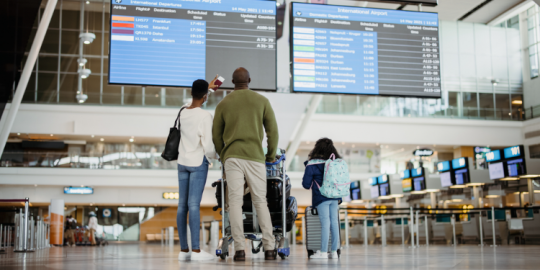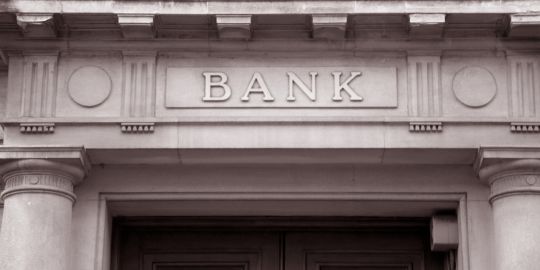Online banking ensures access from anywhere at any time
For many people moving abroad, online banking seems to be the most convenient option. Regardless of your location, all you need is an Internet connection to access your account anytime. You no longer have to worry about branch opening hours for each transaction. This flexibility is especially valuable when you travel or live in another country. Online banking makes it easier to manage your finances, transfer money and pay bills online.
Cost-efficiency and availability
Online banks have lower fees than traditional banks, some of which are completely free of charge. In fact, their services are more competitive without the costs associated with physical branches. This means you can save money in the long run on account maintenance fees, regular international transfers and other day-to-day operations.
Online banking apps make day-to-day banking easier. You don't need to be a technology expert to opt for online banking. All your transactions can be performed directly from your smartphone. Online banks also offer convenient financial management tools like expense categorization, budget charts, and real-time alerts. These features can help you keep track of your spending and plan an accurate budget.
Attractive offers
There is strong competition among online banks to attract customers. These include low interest rates on savings accounts, free bank cards or interesting money-saving programs. These new-generation banks are highly competitive. For expatriates, this can translate into additional benefits, such as reduced fees on international transactions (even intercontinental) or discounts on everyday expenses, often referred to as cashback. Feel free to compare offers from different online banks to find the one that best suits your needs.
Do expats need to open a local bank account?
As an expatriate, it's important to quickly understand whether you need to open a local bank account in your new country. Online banks can handle most of your financial needs, and, as mentioned above, it's easier to manage your transactions and payments from your online account. However, specific regulations in your host country may require you to have a local account for certain activities. For example, if you're working in your host country, you might need a local bank account to receive your salary, to pay rent, or even to get a mortgage if you plan on buying property. In some countries, like Canada, having a local bank account is essential for building a credit history. So, make sure to check local banking laws and requirements.
Tips for opening a bank account as an expat
Whether you're keen on opening an online or a local bank account as an expat, here are some valuable tips to guide you:
Research different banking options: Before choosing between an online or local bank account, research the different options available in your host country. Compare services, fees, features and customer reviews to decide what fits your needs, lifestyle and criteria.
Check out expat forums and groups: These are excellent resources for advice specific to the country you're in. Ask questions, seek recommendations and share experiences to benefit from the collective knowledge of seasoned expats. And don't hesitate to ask your new circle of friends and local acquaintances - they must have some great advice, too!
Use translation services: If you don't speak the local language, this type of tool will help you understand the terms of the account opening agreement and communicate with the bank's customer service department. Make sure you understand all aspects before you commit. Again, seek advice from acquaintances who already speak the language or locals you've met since you arrived.
Check documentation requirements: Each country has its own requirements regarding the documents you need to open a bank account. Many are very strict and will likely ask for specific documents and information, such as ID, proof of address, employment contracts, or residence permits. Prepare these in advance to make the process easier.
Pay attention to security: When opening an online bank account, choose a reputable bank and take appropriate security measures, such as using strong passwords and a secure connection. Avoid sharing your personal information with unauthorized third parties.
Understand fees and terms: Carefully read about the fees associated with your online account, such as maintenance, transaction and exchange fees. Familiarize yourself with terms and conditions, withdrawal limits, and consumer protection policies to avoid unpleasant surprises.
Make sure you can make international money transfers: If you plan to receive funds from your home country or send money abroad, check whether the bank offers secure international transfers at affordable rates. You can add online money transfer services to your bank account for more convenient transfers.
Overall, online banks offer many advantages to expatriates, such as accessibility, low fees, simplicity, and competitive offers. Their convenient services allow you to manage your finances efficiently wherever you are. However, it's essential to understand local regulations to determine whether opening a local bank account is necessary in your case. Take the time to research and consult with professionals to make an informed decision and maximize the benefits of online banking as an expatriate.
















